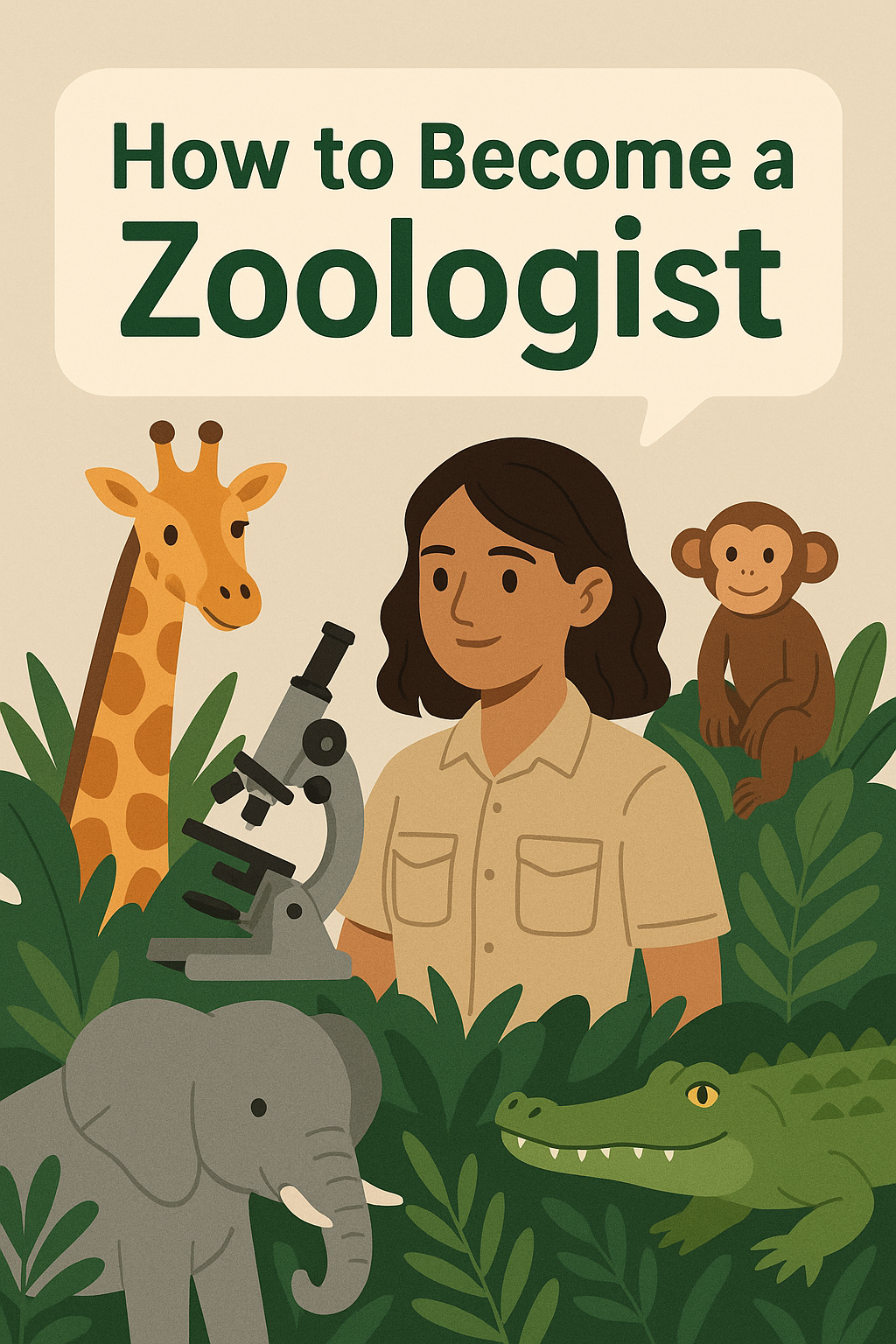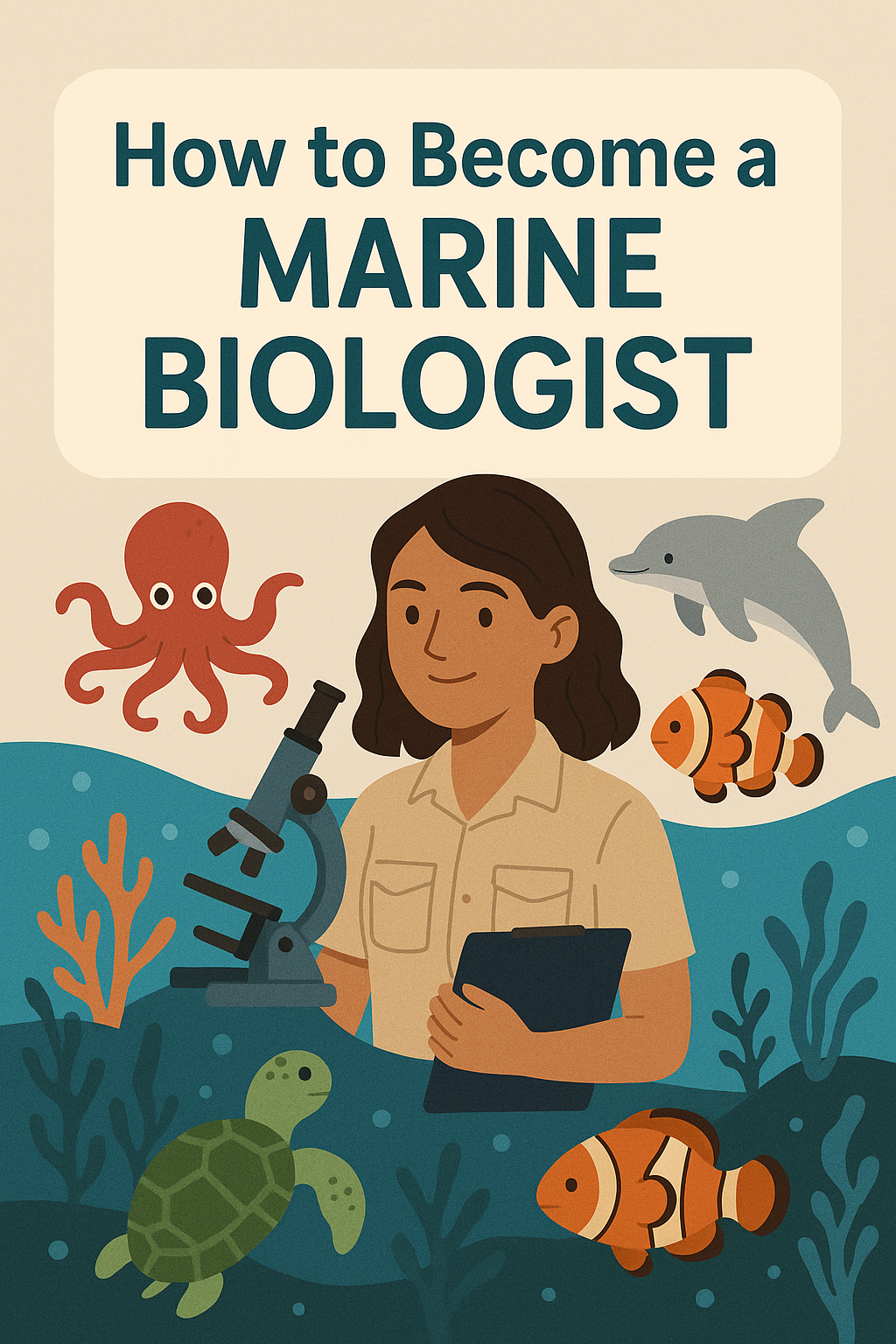How To Become A Botanist

Botany, the scientific study of plants, is a field that plays a crucial role in understanding the environment, ecology, agriculture, and medicine. Botanists study the structure, function, growth, and evolution of plants, contributing to the improvement of agricultural practices, conservation efforts, and even medical advancements. A career in botany offers the opportunity to work in a variety of settings, from laboratories and botanical gardens to fieldwork in natural environments. Whether you’re interested in studying plant genetics, plant ecology, or the development of sustainable agriculture, becoming a botanist allows you to make significant contributions to science and society.
Why Become a Botanist?
Pursuing a career as a botanist offers both intellectual fulfillment and the potential for meaningful contributions to environmental conservation and human well-being. Below are some compelling reasons why one might choose to pursue a career in botany:
- Contribute to Environmental Conservation Botanists play a key role in environmental conservation, working to preserve plant species and ecosystems. Understanding how plants interact with their environment is essential for mitigating the effects of climate change and preserving biodiversity.
- Improve Agricultural Practices By studying plant growth and development, botanists help improve crop yields, reduce the need for harmful pesticides, and develop sustainable farming practices. This can directly impact food security, making it an essential field for global agricultural advancements.
- Make Medical Discoveries Many modern medicines are derived from plants. Botanists, particularly those in the field of pharmacognosy, explore the potential of plants for medicinal use, paving the way for new treatments and therapies.
- Be a Part of Scientific Discovery Plants remain one of the least understood organisms on Earth. Botanists constantly discover new species, plant behaviors, and ecological interactions, contributing to our knowledge of life on the planet.
Step-by-Step Guide on How to Become a Botanist
Becoming a botanist requires a combination of education, hands-on experience, and an understanding of plant science. Here’s a step-by-step guide to help you pursue a career in botany:
1. Develop a Strong Foundation in Science
The first step to becoming a botanist is to develop a solid foundation in the sciences. Focus on subjects like biology, chemistry, physics, and mathematics during high school. These subjects will form the basis for your understanding of plant science and will help you excel in future studies.
2. Earn a Bachelor’s Degree in Botany or a Related Field
A bachelor’s degree in botany, plant biology, or a related field is essential for entering the profession. During your undergraduate studies, you’ll learn about plant anatomy, physiology, ecology, genetics, and evolution. You’ll also gain hands-on experience through laboratory work and field studies. Choose electives that align with your specific interests in botany, such as plant ecology, plant pathology, or horticulture.
3. Gain Research Experience and Internships
While pursuing your degree, it’s crucial to gain practical experience. Look for internships at botanical gardens, research institutions, or environmental organizations. Fieldwork, lab work, and research assistant positions will enhance your understanding of plant science and give you the skills needed for future roles as a botanist.
4. Pursue Graduate Studies (Master’s or PhD)
For many career paths in botany, a graduate degree (Master’s or PhD) is necessary. A master’s degree allows you to specialize in a particular area of plant science, such as plant ecology, genetics, or biotechnology. A PhD is typically required for academic research positions or advanced roles in research institutions. Graduate studies involve conducting original research, presenting your findings, and contributing to the advancement of knowledge in your field of interest.
5. Develop Specialized Skills and Knowledge
As you progress in your education, develop specialized skills that will set you apart as a botanist. This might include learning advanced techniques in plant genetics, molecular biology, or ecological modeling. It’s also beneficial to become proficient in data analysis software and geographic information systems (GIS), which are increasingly important for modern plant research.
6. Seek Postdoctoral Research Opportunities
After completing your graduate studies, consider pursuing postdoctoral research opportunities. These positions allow you to deepen your expertise in a specific area of botany, work with leading researchers, and establish yourself in the scientific community. Postdoctoral research is particularly beneficial if you aim for an academic career or high-level research positions in government agencies or private sectors.
7. Build a Professional Network
Networking is essential in the field of botany. Attend scientific conferences, workshops, and seminars to meet professionals in the field, exchange ideas, and stay updated on the latest research and technologies. Join organizations like the Botanical Society of America or the International Association of Botanic Gardens to expand your network and gain access to job opportunities, research collaborations, and industry insights.
8. Pursue a Career in Academia, Research, or Industry
Once you have completed your education and research experience, you can pursue a career in a variety of settings:
- Academia: Teach at the university level, mentor students, and continue your research in plant science.
- Research Institutions: Work at botanical gardens, governmental agencies (like the USDA), or environmental conservation groups, contributing to the protection of plant species and ecosystems.
- Private Industry: Work for agricultural companies, environmental consultancies, or biotechnology firms, applying your botanical knowledge to solve real-world challenges in crop development, pest management, and sustainable practices.
9. Stay Informed and Continue Learning
Botany is a dynamic field with continuous discoveries and technological advancements. New plant species are regularly discovered, and innovations in genetic sequencing and imaging techniques enhance the study of plants. To stay current, botanists should regularly read scientific journals to keep up with the latest research in plant biology, ecology, and conservation.
Attending conferences, workshops, and seminars is another way to stay informed and engage with the botanical community. These events provide valuable opportunities to share research and learn from peers. Continuing education through specialized courses or training is also important for professional growth, ensuring botanists remain at the forefront of plant science.
Conclusion
Becoming a botanist is an exciting and rewarding career path for those who are passionate about plants, the environment, and scientific discovery. By following the outlined steps—developing a strong foundation in science, earning a relevant degree, gaining hands-on experience, and continuing your education—you can build a fulfilling career that contributes to the understanding and conservation of plant life. Whether you are conducting research, working in academia, or applying your knowledge to solve practical problems, the field of botany offers endless opportunities for growth and discovery. With dedication and a passion for plant science, you can make a lasting impact on the world and its ecosystems.









